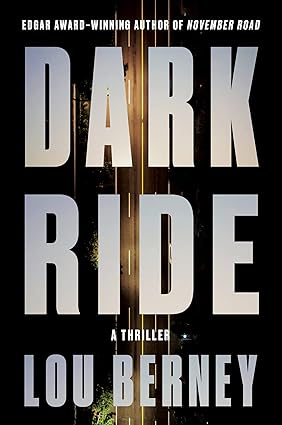The original text for today’s hymn, “The God of Abraham Praise,” comes from Maimonides of the 12th century. Ken Myers writes, “The medieval Jewish philosopher Moses ben Maimon (commonly known as Maimonides, 1135?-1204) formulated a list of thirteen essential articles of faith. Some time after his death, probably in the late 14th century, his ‘creed’ was paraphrased in a metrical Hebrew poem, suitable for singing by Jewish congregations and cantors. This hymn is known as the ‘Yigdal,’ from the first Hebrew word in the poem, which means “magnify” or ‘praise.'”
“As I looked, thrones were placed, and the Ancient of Days took his seat; his clothing was white as snow, and the hair of his head like pure wool; his throne was fiery flames; its wheels were burning fire” (Daniel 7:9 ESV)
1 The God of Abraham praise, who reigns enthroned above,
Ancient of everlasting days and God of love.
Jehovah! Great I AM! by earth and heav’n confessed;
I bow and bless the sacred name, forever blest.
2 The God of Abraham praise, at whose supreme command
from earth I rise and seek the joys at his right hand.
I all on earth forsake, its wisdom, fame, and pow’r,
and him my only portion make, my shield and tow’r.
3 He by himself hath sworn, I on his oath depend;
I shall, on eagles’ wings upborne, to heav’n ascend.
I shall behold his face, I shall his pow’r adore,
and sing the wonders of his grace forevermore.
4 The goodly land I see, with peace and plenty blest,
a land of sacred liberty and endless rest.
There milk and honey flow, and oil and wine abound,
and trees of life forever grow, with mercy crowned.
5 There dwells the Lord our King, the Lord our Righteousness,
triumphant o’er the world and sin, the Prince of Peace.
On Zion’s sacred height his kingdom he maintains,
and glorious with his saints in light forever reigns.
6 The whole triumphant host gives thanks to God on high;
“Hail, Father, Son, and Holy Ghost!” they ever cry.
Hail, Abraham’s God and mine! I join the heav’nly lays;
all might and majesty are thine, and endless praise.








